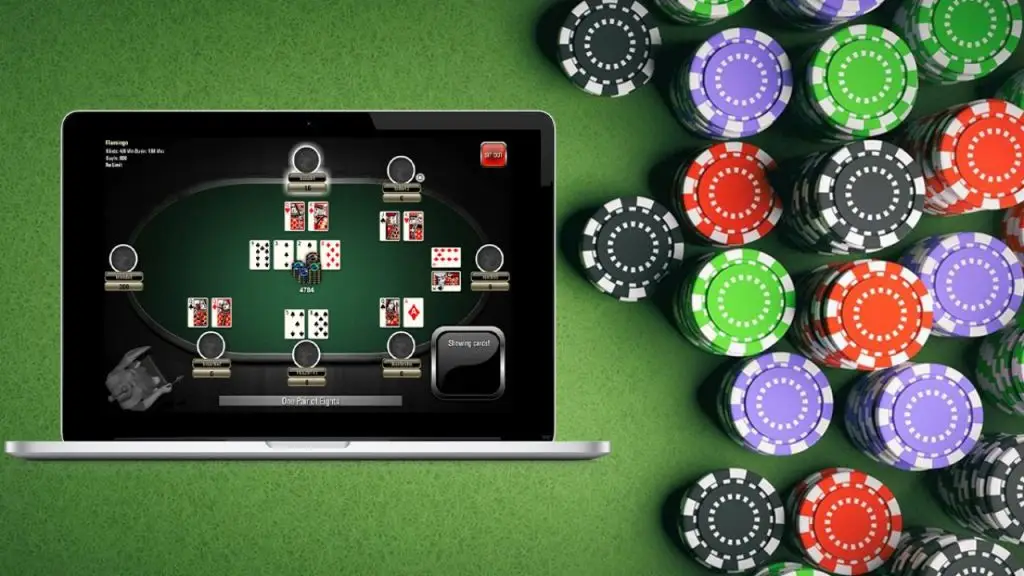The legality of online gambling has long since turned from a gray fog into a clearly outlined map. Online poker is no exception. From betting in London to tournaments in a Canadian reservation, each jurisdictional flag carries unique rules, licenses, and taxes. Let’s explore which countries allow poker, which states have created conditions for legal online gaming, and where a player gets access to verified poker rooms without risk.
UK: Gambling at the Level of Common Sense
Which countries allow poker with maximum transparency? The United Kingdom consistently remains at the top of the list. The UK Gambling Commission (UKGC) regulates the market with the precision of a surgical scalpel, granting licenses only to companies with an impeccable reputation and financial guarantees.
Each operator undergoes background checks, software audits, and funding analysis. Online poker is included in the list of permitted products, with dozens of licensed poker rooms operating, including global giants. The tax rate is 21% of the gross profit, paid by the operator. The player wins: the income from the game is not taxed.
Germany: strict control
 The answer to the question of which countries allow poker includes Germany, but with nuances. The Federal Law on Betting (GlüNeuRStV), which came into force in 2021, allowed online poker throughout the country. Regulation has introduced strict limits: €1 bet in cash games and strict identity verification.
The answer to the question of which countries allow poker includes Germany, but with nuances. The Federal Law on Betting (GlüNeuRStV), which came into force in 2021, allowed online poker throughout the country. Regulation has introduced strict limits: €1 bet in cash games and strict identity verification.

Each poker room is required to obtain a national license from Gemeinsame Glücksspielbehörde der Lander. The tax is 5.3% of each bet. Some major operators are leaving the market due to bureaucracy and strict pricing policies, but domestic platforms are still operating.
The Netherlands: permission with caution
Since 2021, the Netherlands has been governed by the Remote Gaming Act (KOA). Legalization includes poker, but only through licensed sites. Obtaining a license is only possible after a strict verification process that meets European AML and KYC standards.
The list of authorized operators includes Dutch and European companies. The tax rate is 29%, and the regulation is overseen by the Kansspelautoriteit. Despite the slow pace of issuing licenses and the ban on foreign unlicensed sites.
USA: Poker by state
The full picture of the United States does not fall under the general definition of “country,” but the list of states with legalized online poker is growing. As of 2025, the category of “where online poker is allowed” includes:
- Nevada.
- New Jersey.
- Pennsylvania.
- Michigan.
- West Virginia.
- Delaware.
Each state sets its own gaming commission and laws. The tax ranges from 15% to 30%, depending on the state. Only local or licensed partners are allowed to operate. Operators enter into pooling agreements, such as the New Jersey, Delaware, and Nevada player pool.
Canada: exclusions through reservations
The official federal law restricts online gambling. Canada is featured due to the right of reservations to autonomy. Poker rooms operating from indigenous territories (for example, the Kahnawake Gaming Commission) accept players from all over the country.
Operators licensed by the KGC offer a fully legal product that meets safety and fairness standards. Federal control is minimal, and taxation is flexible, as reservations use revenue for internal purposes.
Europe: a legal mosaic
The concept of a country with legal online poker in Europe does not provide a clear picture. Regulations vary greatly:
- Italy, Spain, and Portugal allow poker, but limit the pool of players to residents.
- Sweden and Denmark issue licenses under transparent conditions with moderate taxation.
- France has opened the market with separate regulation and a tax on bets.
- Ireland does not actually prohibit online poker, but regulates it partially.
The general trend is that official authorization is mandatory, regulation is increasing, and offshore companies are gradually disappearing. The EU supports harmonization, but each market continues to build its own system.
CIS: On the Border Between Gray and Black
The answer to the question of which countries allow poker in the CIS requires caution. No country in the region has implemented full-fledged regulation of online poker at the state level:
- In Russia, online poker has been banned, with the exception of offline tournaments.
- In Belarus, there is partial regulation of online gambling, but there is no poker license.
- In Kazakhstan and Uzbekistan, online gaming is prohibited.
- Ukraine legalized gambling in 2020, but the regulation of online poker is still in development.
Most of the region’s players use offshore platforms, creating a “gray market” effect where there is no protection, regulation, or official responsibility.
Where to Play Poker Legally: Criteria for Choosing a Casino
Regulation ensures transparency, taxes protect the interests of society, and a license ensures the player’s safety. The only criterion is the availability of a valid official permit.
List of objective indicators:
- Operator registration in a jurisdiction with a regulatory body.
- Availability of RNG, SSL, and independent audit certificates.
- Public list of licenses on the website.
- Control over payments, deadlines, and privacy.
- Option to appeal to arbitration or file a complaint with the gaming commission.
- Clear responsible gaming policy.
- Transparent taxation.
Each of the criteria is manually verified before an official permit is issued, eliminating fraud and ensuring fair play.
The Legality of Online Poker: Key Principles
Each state determines the legality of online poker at the local legislative level. There is no universal approach, but generalized principles can be identified:
- The law recognizes online poker as a game of skill rather than pure chance (important for taxation and regulation).
- A license is issued only after the operator has been verified to meet the standards of fair play.
- Poker rooms are required to comply with measures to prevent addiction, money laundering, and the protection of minors.
- The Gaming Commission oversees the process, issues regulations, and revoke licenses for violations.
A clear distinction between regulation and prohibition is key to understanding which countries allow poker. In countries where there is no law, there is often an unofficial ban, especially in Asia, the Middle East, and Africa. Most of these countries lack even basic control mechanisms.
The Grey Market: Between Possible and Risky
Online platforms that do not have an official license but provide access to poker create a gray market. Examples include Argentina, India, Turkey, Brazil, and parts of the CIS. While the laws do not directly prohibit the game, they also do not regulate it.

Players operate at their own risk, as there are no guarantees for refunds, arbitration, or compensation. In countries where poker is legal, players enjoy protection, transparency, and a legal framework. However, in the gray market, players are solely responsible for their actions.
Major poker rooms prefer to avoid such zones: reputational risks, lack of legal protection, risk of sanctions from countries with licensing. Small offshore sites continue to work, but they cannot provide a stable service.
Which countries allow poker: conclusions
 The legal online entertainment market is growing rapidly. Law, license, regulation, taxes, and commission — each element affects stability, trust, and profitability.
The legal online entertainment market is growing rapidly. Law, license, regulation, taxes, and commission — each element affects stability, trust, and profitability.
Which countries allow poker? Those where the legislator has established clear rules of the game. The United Kingdom, Germany, the Netherlands, Canada, and the United States are examples of mature markets. In contrast, the CIS remains on the border between a legal vacuum and the hope for reforms.
 en
en  de
de  ar
ar  es
es  hi
hi  fr
fr  nl
nl  it
it  pt
pt  el
el 









